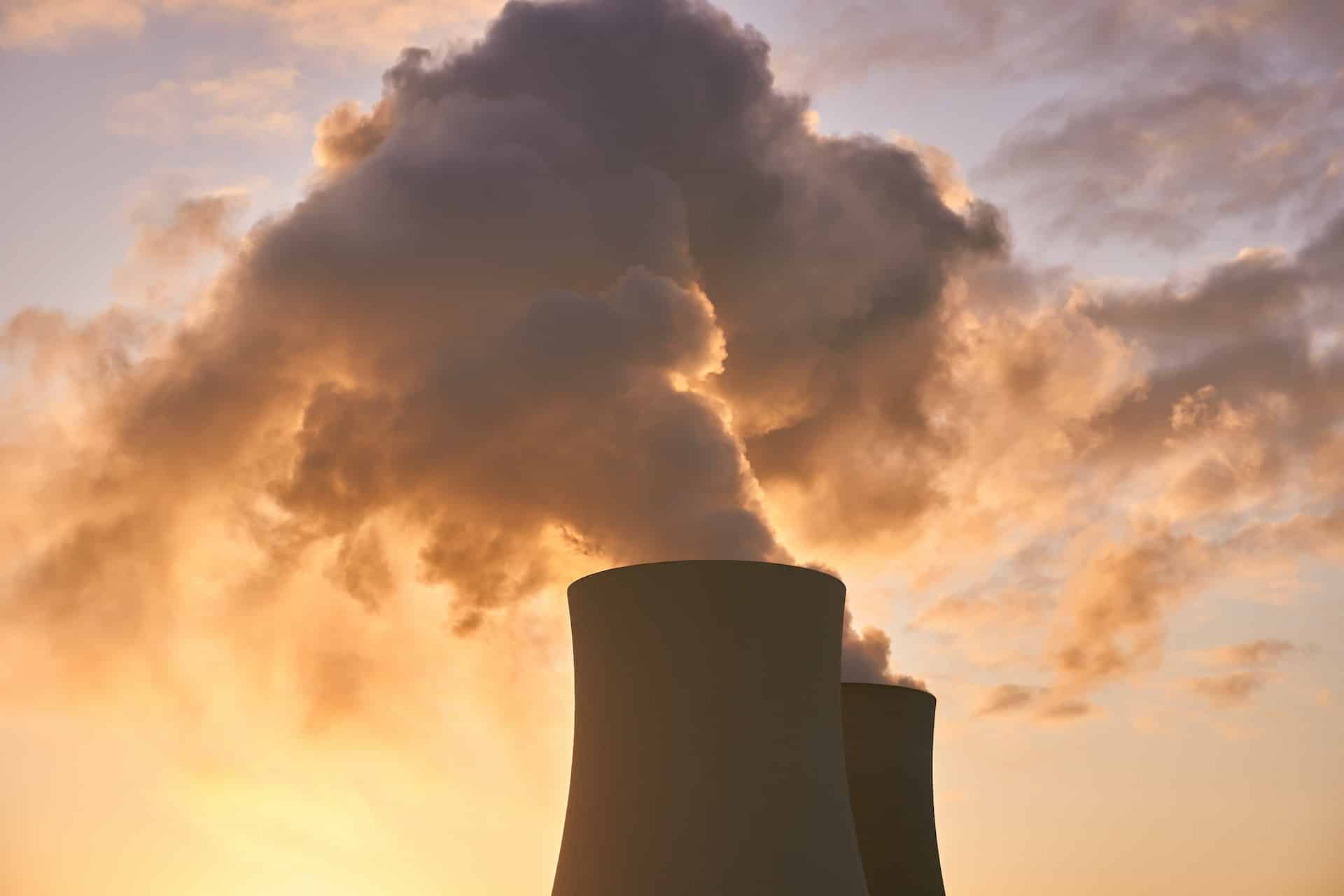Nuclear power plants reduce the emissions of the energy sector while ensuring a secure energy supply. For example, France has the least emitting power sector in the European Union. Scandinavian countries, aside from nuclear energy, also have hydroelectric power, which is a source of renewable energy but stable due to the predictability of river flows. However, in Poland, which is flat geographically, we cannot depend on such an option. This is why nuclear power is said to be the best solution. Economic arguments against nuclear energy often overlook the wider picture of the power system. Government calculations show that incorporating nuclear energy in the power mix is the cheapest way to ensure a stable operation of the power system. There are also economic arguments for expanding nuclear power. It doesn’t have to take a large share of the system, but it will have a significant positive effect, especially in working at the basic level. Operating without a base is an academic discussion topic. Various interesting models that show the system functioning without the baseline – for example, with biomass or energy storage – are emerging, but these also present challenges and can be costly. We must not overlook supply chain tensions and high dependence on rare earth metals, especially from China in the renewable energy sector. It’s not worth exchanging dependence on Russian raw materials for dependence on China – Poland needs a secure energy sector.
“Nuclear energy is supported by power network operators across the European Union for a reason. The union’s operator association, ACER, backs nuclear power as a stabilizing element of the energy transition,” says Wojciech Jakóbik, from Energy Security Centre to the eNewsroom.pl service. “Of course, large-scale nuclear energy involves significant expense. However, it is meant to be a system safeguard, a new base for the power system, replacing conventional, coal, and gas power. Coal and gas can stabilize the growing number of renewable sources in the system, but they are undesirable from a climate policy perspective, as energy production with fossil fuels inevitably leads to CO2 emissions. We cannot build a power system entirely based on renewable sources today. A stable base is needed, which will be nuclear power, precisely so that its small share – about 20% of the demand in Poland in the 2040s – can ensure the stable operation of an increasing number of weather-dependent renewable sources. Obviously, there will be a growing share of citizen power, independent of the national power system, but it always needs a safeguard for when there’s no sun or wind, or when the energy in storage runs out, which still cannot store energy for long periods. They can do it for hours, but not weeks. That’s when the national power system steps in with energy supplies that must be secure and available when we need them, not just when they’re within reach. Conventional power plants used to provide this. In the future, it will be offered by nuclear power plants in Poland. Security is the top priority in pre-war times, which is why nuclear power is part of the solution,” explains Wojciech Jakóbik.
Source: https://managerplus.pl/atom-da-polsce-bezpieczenstwo-energetyczne-72510
